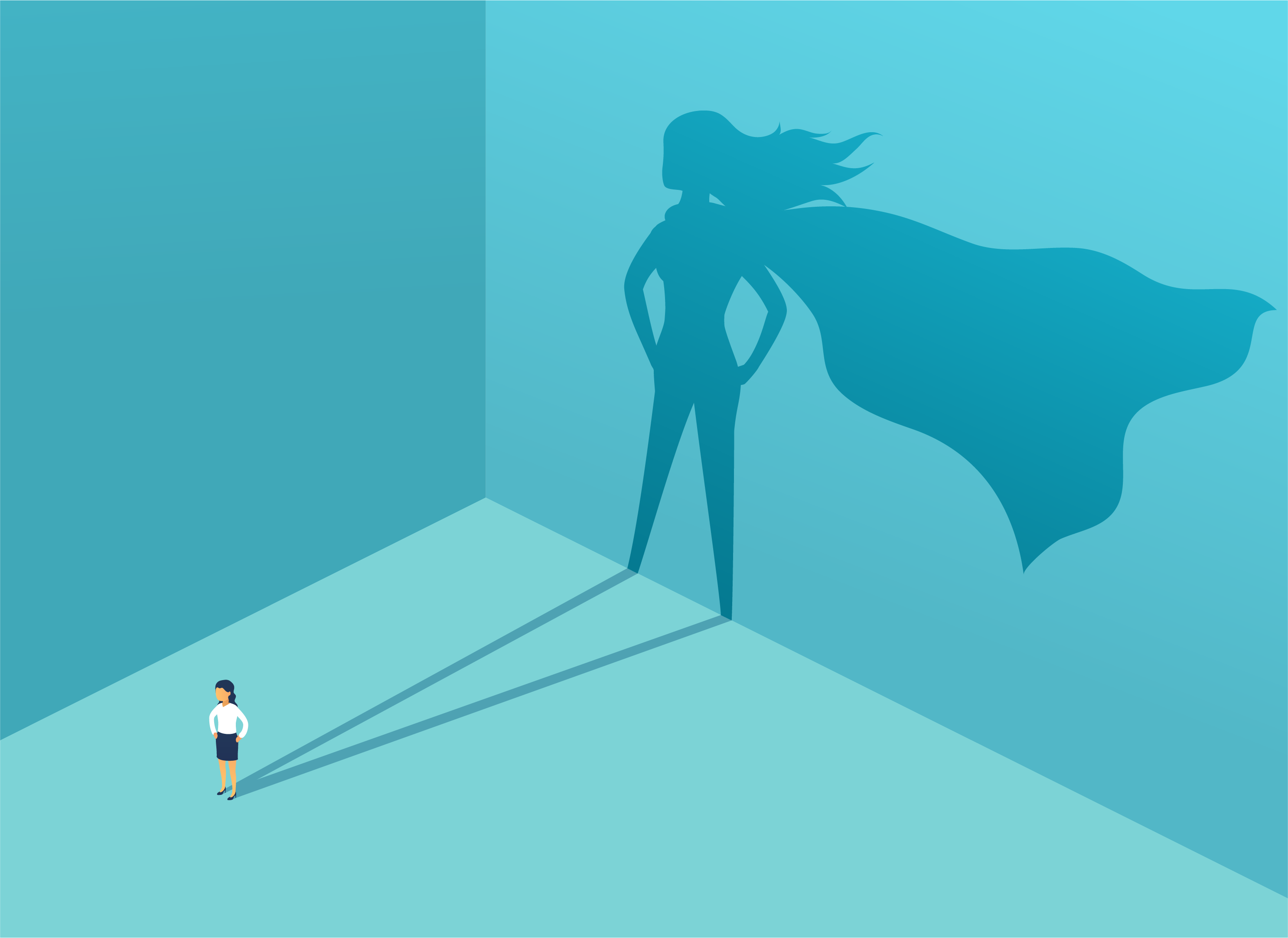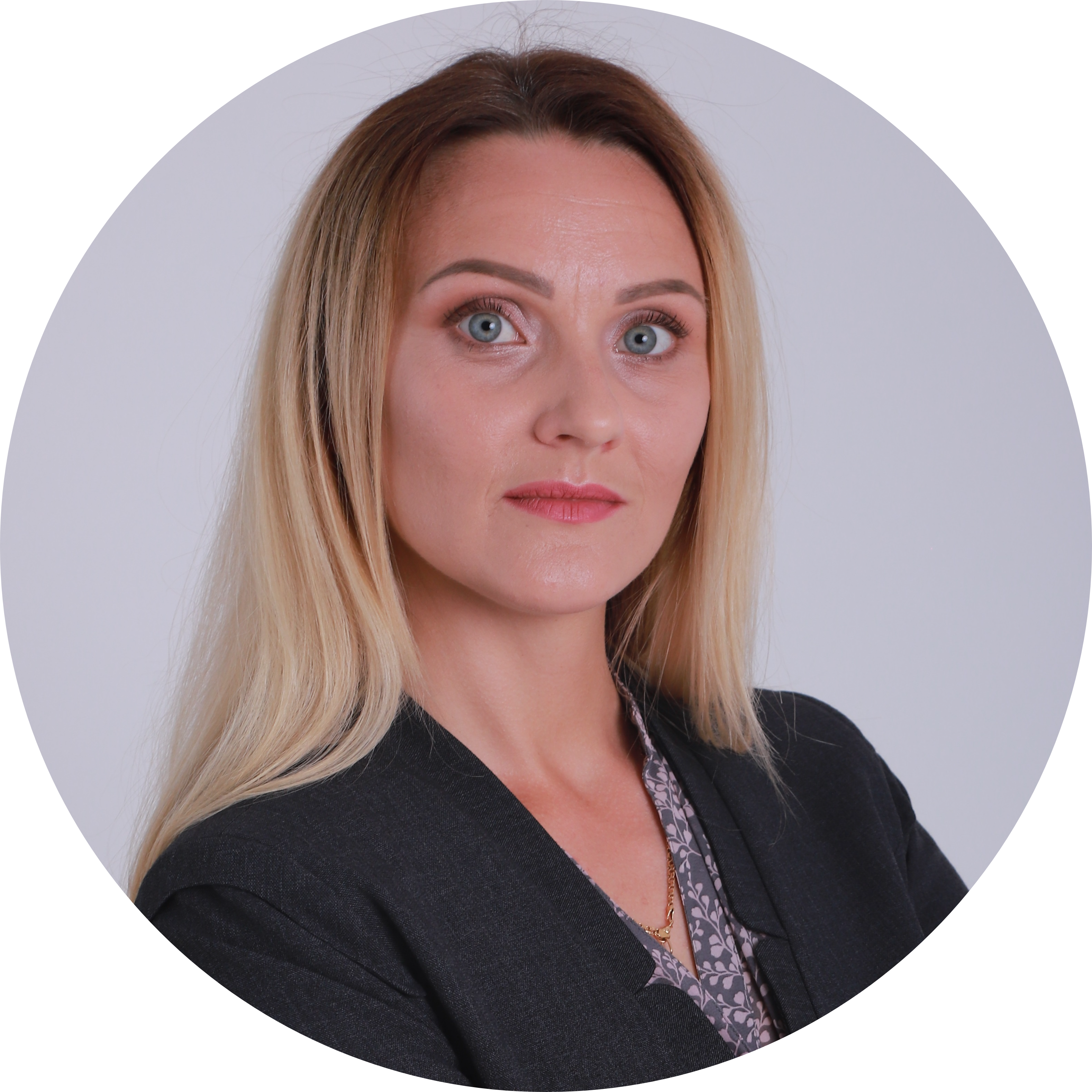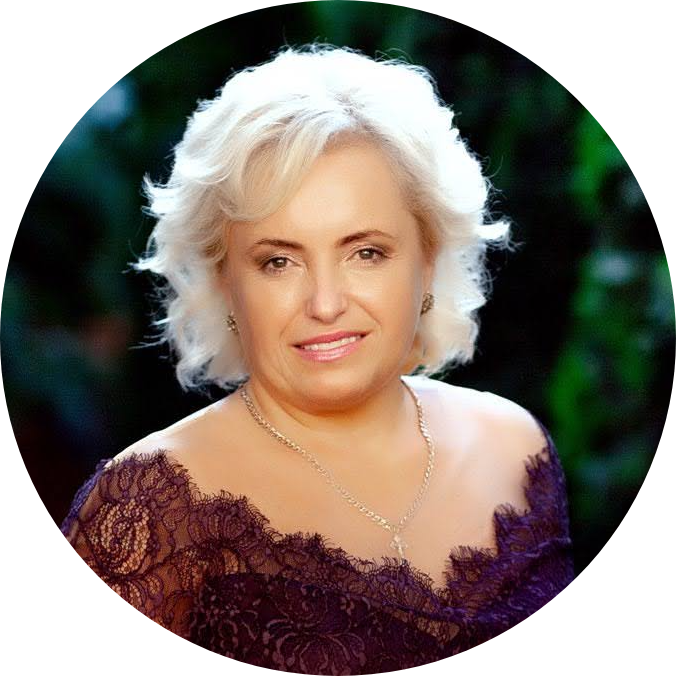Photo credit: Artram / shutterstock
The theme of 2021 International Women’s Day is “Women in leadership: Achieving an equal future in a COVID-19 world.” We asked participants in the UNDP Enhancing Women’s Role in Politics and Decision-Making at the Subnational Level in Ukraine project to share their thoughts about women in leadership.
They explained why it is important to have more women in leadership positions, what qualities and strengths women leaders have, what challenges they face, and what personalities or books inspire them.
Olena Khlivna-Andreyeva, the town of Nova Odesa in Mykolaiv Oblast, a councillor in Nova Odesa Town Council
“In my opinion, the effective development of our country can only begin with the involvement of women in local governments.
A systematic analysis of local self-government bodies reveals stubborn facts – it’s just like real life: there are few women in key managerial positions, a lot of women hold the positions of deputies or line managers, while men continue to hold most positions in which key decisions are taken.
Global experience shows that women’s involvement in managerial bodies clearly makes an organization more successful when it comes to business, and more resilient to crises and adaptive when it comes to management! It is indeed necessary to change traditional stereotypes about the place of women at all levels – from that of the individual to that of the state! That’s why you need to inspire your women colleagues through your own example!”
Women make up 54 percent of Ukraine's population. In spite of that, they hold only 21 percent of the seats in parliament, and 36 percent of those in oblast and town councils.
Vitaliya Smolenska, city of Kherson, councillor of Kherson District Council
“A woman always has to prove to herself and to society that she is capable of breaking the glass ceiling and become a leader. The path to power for women has been very hard. Only 128 years ago they received the right to vote, and only 40 years ago a woman became a president for the first time in history.”
Vigdís Finnbogadóttir, who served as the president of Iceland from 1980 through 1996 (re-elected three times), is believed to be the first woman to be elected as a constitutional head of a state. Although the Icelandic presidency is largely a ceremonial position, Vigdís played an important role in promoting her country and gained great popularity in her homeland.
Olesya Kalynych, the town of Khust in Zakarpattia Oblast, teacher of Ukrainian language and literature
“In 2012, researchers conducted a social study in Switzerland that shows that the example of female leaders positively impact other women. The fact that female leaders in Norway, Finland, Iceland, Taiwan, South Korea, Lithuania and other countries turned out to be better prepared to take decisive action to counter the spread of COVID-19 than male leaders is also a clear illustration of the importance of having more women in leadership positions.”
Kateryna Drobot, city of Kherson, a higher educational institution official and a councillor of Kherson District Council
“Women’s participation in politics at all levels provides our society with the opportunity to develop harmoniously. For instance, the book “21 Irrefutable Laws of Leadership” by John Maxwell cites a law that states that leaders add value by serving others. It seems to me that this ability closely corresponds to the leadership style of women. The author explains this as follows: “The bottom line in leadership isn’t how far we advance ourselves, but how far we advance others.”
Yuliya Havrylyuk, the town of Nova Kakhovka in Kherson Oblast, entrepreneur and president of a charitable foundation
“‘It’s past time for women to take their rightful place, side by side with men, in the rooms where their children’s and grandchildren’s fates are decided,’ said Hillary Clinton.
There’s a misconception that women are “the weaker sex” and that their place is only in the kitchen and beside their children. But what do we see in actual fact? Society is changing. The possibilities for women to make their own choices about where and how to advance gives them confidence and strength. By considering the experience of countries where women are in leadership positions (Finland), I realize that we’re the future. Women’s views on life and politics are too important to be ignored.”
Hillary Clinton, a graduate of the Yale Law School, worked her way up from a lawyer to a presidential candidate. In 2000, she became the first woman senator of New York state, and was re-elected to this position in 2006, becoming the only First Lady elected to a public office. She also served as U.S. Secretary of State under President Barack Obama In 2016, Clinton became the first woman to be nominated as a presidential candidate.
Women’s rights are one of the key topics addressed by this successful politician. A speech entitled “Women’s Rights are Human Rights”, which Clinton gave at the United Nations Fourth World Conference on Women in Beijing, was ranked among the top 100 speeches of the 20th century by American Rhetoric, with the name of the speech itself becoming a well-known phrase.
Natalya Bizhan, the town of Kakhovka in Kherson Oblast, nurse
“I admire people who confidently pursue their goals, regardless of what other people say about them. Michelle Obama and Mary Stuart, Queen of Scots, are remarkable examples of such people. Books about these women, written by them, demonstrate their desire to be goal-oriented, persevering and wise.”
Michelle Obama is legendary not only for becoming the first Afro-American First Lady in American history, but mainly for her leadership skills. During her eight-year tenure in the White House she dealt with the issues of women’s rights, public health and overcoming racism. She initiated the Let Girls Learn project, which funds learning projects for girls. “All of us [are] driven by a simple belief that the world as it is just won’t do — that we have an obligation to fight for the world as it should be,” says Michelle Obama. Her book “Becoming: A Guided Journal for Discovering Your Voice” became a best-seller.
Inna Shorobura, the city of Khmelnytskyi, an editor at Khmelnytsky Humanities and Pedagogic Academy
“Modern life poses serious challenges for a female leader. One needs to have knowledge, skills, experience, be self-confident, be aware of responsibility, be ready to advance, to change yourself, set new goals, and implement new ideas. A female leader is highly motivated.”

 Locations
Locations











